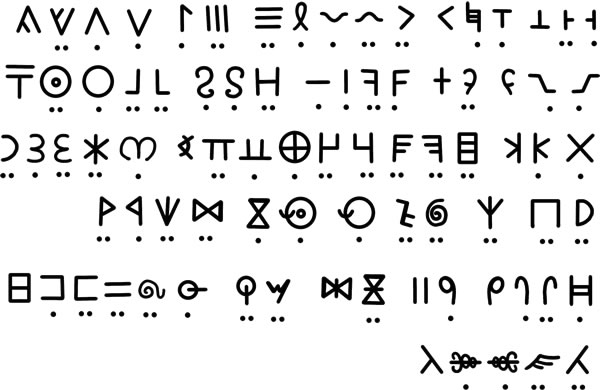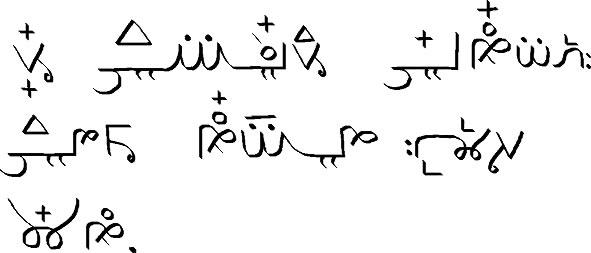Podcast: Play in new window | Download

Here’s the latest news from the world of Omniglot.
New language pages:
- Chamacoco (Ɨshɨr), a Zamucoan language spoken in the Alto Paraguay department in northern Paraguay.
- Mising (mising agom), an Eastern Tani language spoken mainly in Assam in the northeast of India.
- Ocaina (Xáfahxajoh), a Bora-Huitoto language spoken mainly in northeastern Peru, and also in southern Colombia.
- Ayoreo, a Zamucoan language spoken in northern Paraguay and eastern Bolivia.
- Binumarien, a Kainantu language spoken in Eastern Highlands Province of Papua New Guinea.
New numbers pages:
- Mising (mising agom), an Eastern Tani language spoken mainly in Assam in the northeast of India.
- Ocaina (Xáfahxajoh), a Bora-Huitoto language spoken mainly in northeastern Peru, and also in southern Colombia.
- Binumarien, a Kainantu language spoken in Eastern Highlands Province of Papua New Guinea.
New phrases page: Mising
New adapted script: Italorussian (Италоруссо), a way of writing Italian with the Cyrillic alphabet devised by Walter Loi.
Тутти љи эссэри умани насконо либэри эд эгўали ин дињита̀ э диритти. Эсси соно дотати ди раджонэ ди кощэнца э дэвоно адзирэ љи уни вэрсо љи альтри ин спирто ди фратэлланца.
On the Omniglot blog there’s a new post entitled Rucksacks & Mistletoe, in which we find out how the Italian word zaino (rucksack, backpack) is related to the English word mistletoe. There’s also the usual Language Quiz. See if you can guess what language this is:
Here’s a clue: this language was spoken in Oklahoma in the USA and is being revived.
The mystery language in last week’s language quiz was Chamacoco (Ɨshɨr), a Zamucoan language spoken in northern Paraguay.
In this week’s Adventure in Etymology, we find out what links the word Antique with words like eye, window and Antigua.
On the Celtiadur blog there’s a new post entitled Habitual Customs and words for habits, customs and related things.
For more Omniglot News, see:
https://www.omniglot.com/news/
https://twitter.com/Omniglossia
https://www.facebook.com/groups/omniglot/
https://www.facebook.com/Omniglot-100430558332117
You can also listen to this podcast on: Apple Podcasts, Amazon Music, Stitcher, TuneIn, Podchaser, PlayerFM or podtail.
If you would like to support this podcast, you can make a donation via PayPal or Patreon, or contribute to Omniglot in other ways.
Radio Omniglot podcasts are brought to you in association with Blubrry Podcast Hosting, a great place to host your podcasts. Get your first month free with the promo code omniglot.















